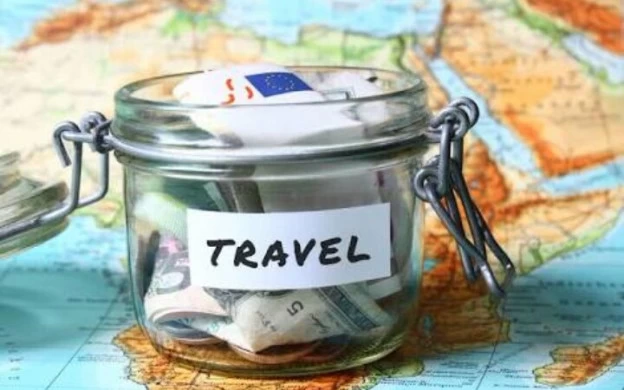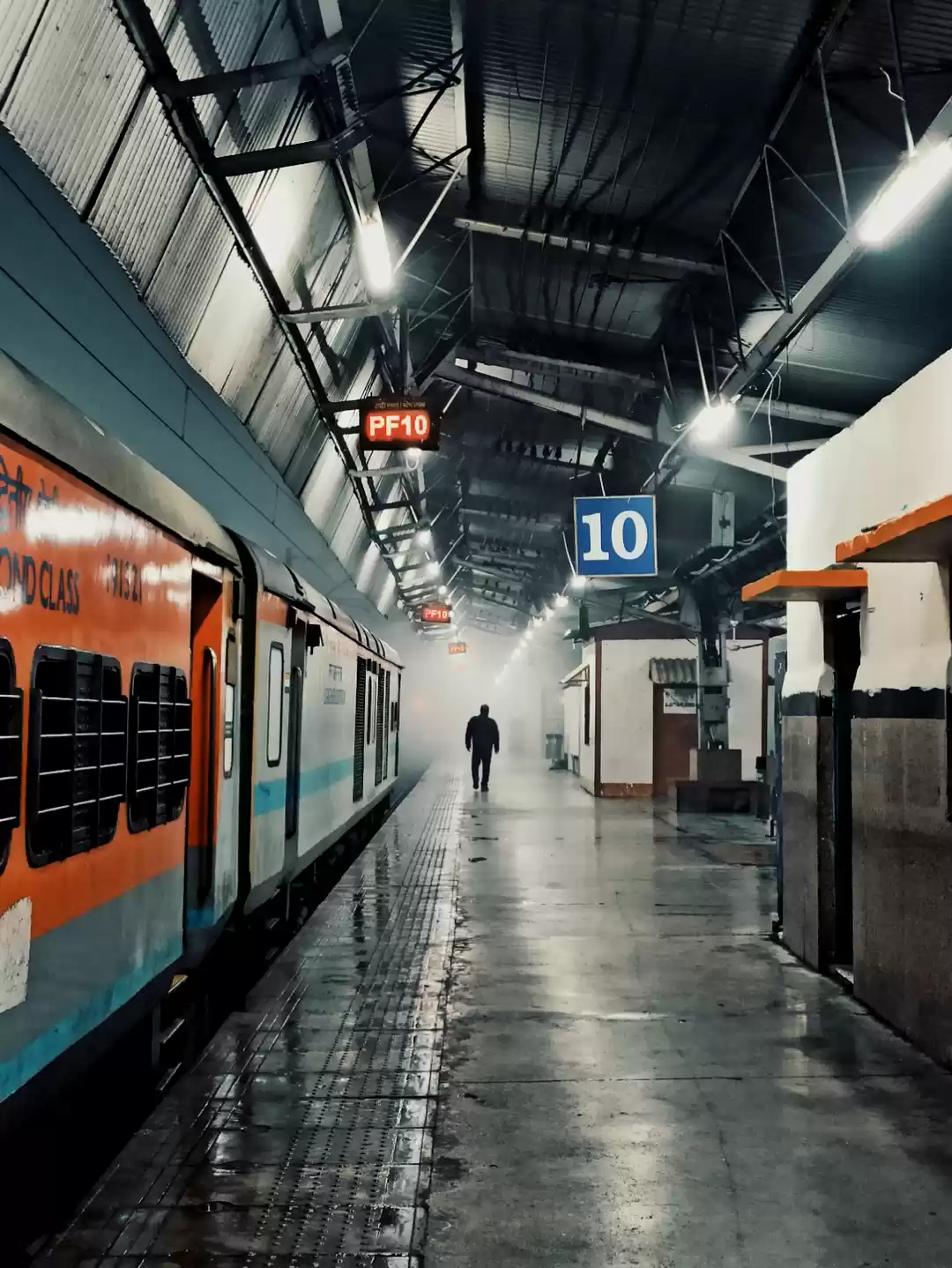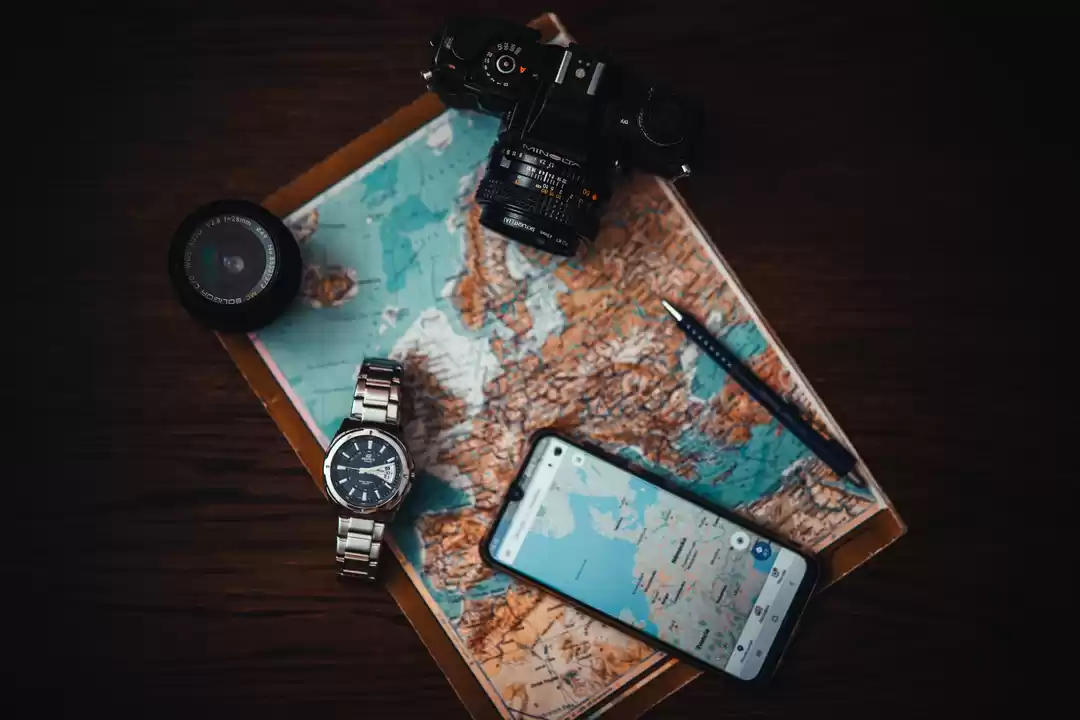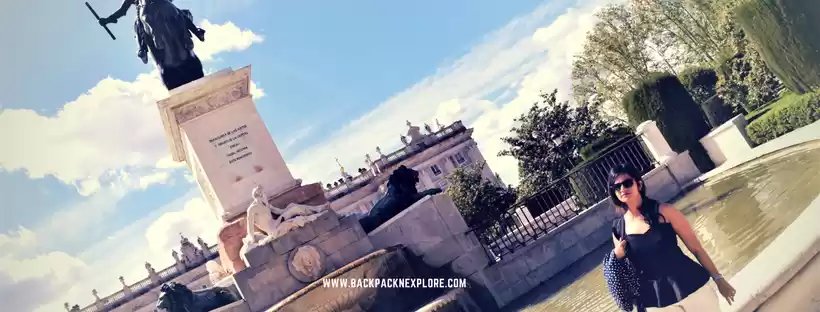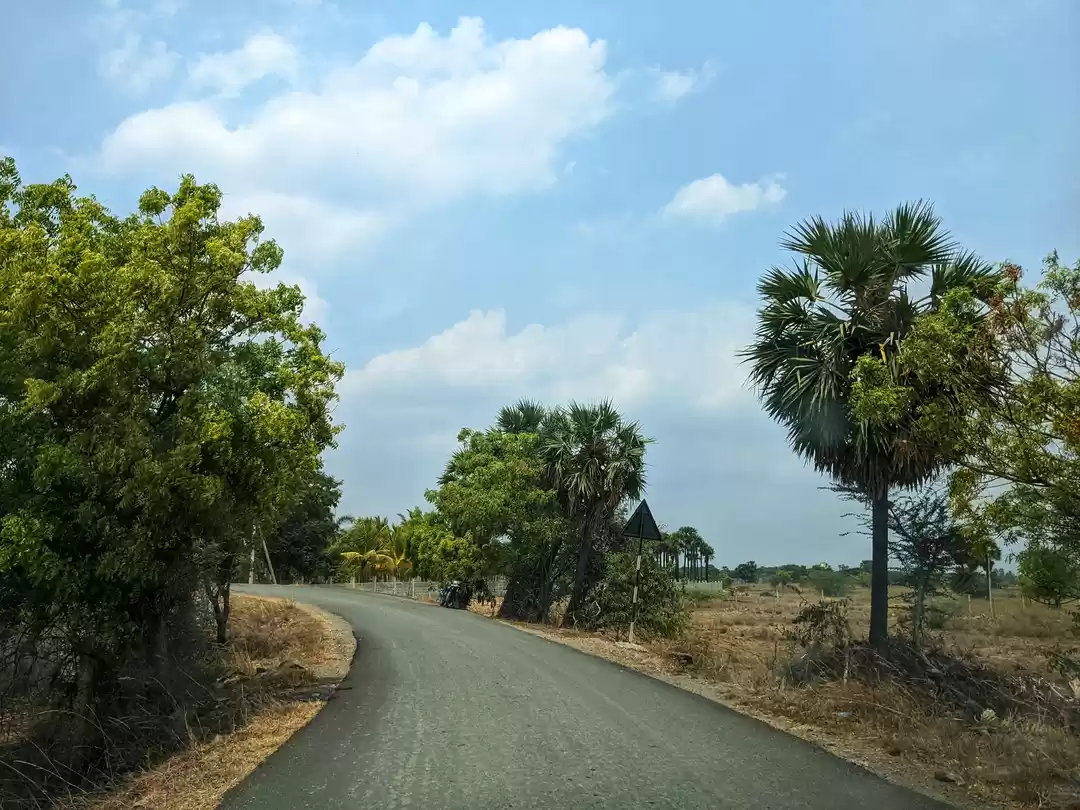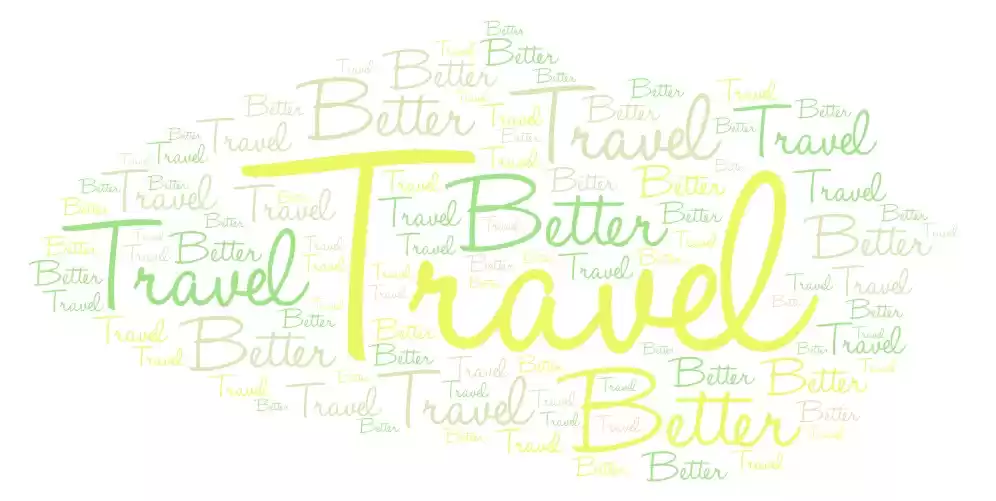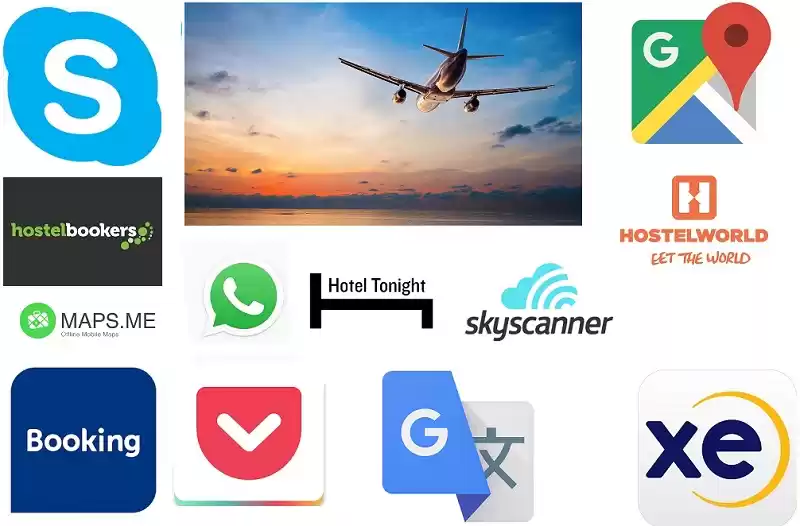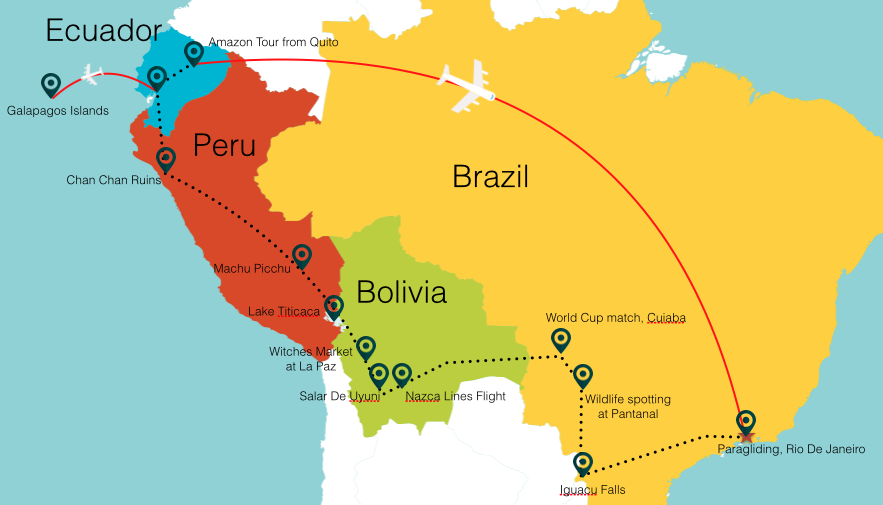Hi! So I wouldn't really call myself an avid traveler (I'd love to be called that), because I don't do that full time or frequently enough to include 'traveler/photographer' on my instagram bio. And I am just 4 travelogues old on Tripoto. But I try my best to travel to different places as much as I can, spending as little as possible. I mean, this is my meditation and travelling is the much needed break I reward myself with after (almost) every semester. Here I am listing a bunch of things I consider while planning my trips. These are super general things which I assume most of us are aware of, but I hope these still help a few to plan more travels.
Managing holidays at work
Now I often get asked if I have a lot of money to be able to take such trips so frequently (again, I don't think it is frequent enough because travelling is just never enough), and how am I managing holidays at work. The answer to having a lot of money is no! I am always complaining about being broke. As for the answer to taking a lot of days off from work, it is a no again. I actually had 9 holidays remaining at the end of 2021. I'll switch to a little background about myself. I am a student in Germany and I work here part time, which means I cannot work for more than 20 hours per week. So I usually work for 3 days a week which gives me a good enough window per week to travel. If I am working on Mon-tue-wed, I can take a trip from Thursday to Sunday, which is a good 4 days! Even back in India when I was working full time, I would take days off on thursday-friday or for friday and monday. That's just 2 days off. All you have to do is apply for holidays well in time (at least a month ago is what I do) so you don't piss off your boss.
Managing money
Accommodation
I am not into luxury travelling and eating at fancy places. If you are, then I'd like to know from you how you manage frequent luxury holidays. My choice of accommodation is usually a hostel with good ratings. Safety is always important of course, and my way of ensuring that is checking the ratings and reading reviews. On almost all the accommodation booking websites like airbnb or booking.com, there are tons of filters. Make use of this particular filter called "price lowest to highest". You can always do the same for hotels too. If you get a hotel room for a price equivalent to that of a hostel bed, just go for it and congratulate yourself for grabbing a good deal. Also, many a times you get a good deal if you book 1-2 months in advance. Now even if you have a tentative plan for a trip and you are yet to book travel tickets, you can still go ahead and book an accommodation. You just need to make sure you book accommodations that have free cancellation till a day or 2 prior to your tentative travel dates. And there are many of such places always available! If your travel plans go through, you already have a good and cheap accommodation. If you have to cancel the trip or change the destination, you don't have to worry about losing money on the booked accommodation.
On another note, couch surfing is another option you can consider. I haven't done that myself but I know some people who have had good experiences with couch surfing.
Transportation
First things first, glory to RyanAir! As I have already mentioned in my previous travelogues, my destinations are usually based on RyanAir cheap fare deals. On their website, you can just enter where you want to start from and you enter the dates and look through the list of destinations where they have good air fare deals for those dates. The fares can be as low as €5. With the lowest fare, you can only carry one backpack that can fit under the seat, which is most of the times enough for a 4 days trip (4 tops, 2 bottoms and you just mix and match). But if you want to be a little dressy and dress for the location, then you can add an extra carry on trolley for €10-20 per flight. Still a good deal!
Other than flights, you would want to look for local transportation within the city. For that you check for:
1. Day transport ticket - almost all the cities in Europe have these. For upto €10, you can take the public transport in the city as many times you want for the day. They usually have a time limit for 24 hours or 48 hours and prices differ accordingly . This can differ from city to city.
2. Tourist card - this is available in almost all the major cities. Tourist cards usually include city transport + entry to attractions in the city. It is usually a good deal if you want to visit the attractions that the city has to offer.
You can do your homework about the above 2 online and decide what works the best for you. Or you can always head straight to the tourist information center at the airport/railway station/bus station. There will always be one! You just have to look for it. Also, if you're visiting a smaller town, you can always consider walking if everything you want to see is within a 2-3 kilometer radius :)
Meals
While I don't have a particular way of managing meals during trips, I usually check menu and prices of a few restaurants before leaving for the trip. That way I have an idea of what I can expect. And the golden rule is - don't go for meals near a famous tourist attraction. Eateries near popular tourist spots always have higher prices. Another thing you can do to save yourself the embarrassment of entering a restaurant and leaving after looking at the prices, is just check the menu and prices online before entering the restaurant.
While booking an accommodation too, you can check if they have free breakfast. Many accommodations provide a free breakfast buffet. You can have a heavy breakfast in the morning, a snack in the noon and a full meal at night. This can save up to €10 per day for you. But hey, don't compromise with your appetite just for the sake of saving money :)
Other general tips (not related to money)
1. Try not to have "covering most countries" as your goal
Every country has plenty of different things to offer. So don't reject a place just because you have already been to some other part of that country
2. Planning the trip
There will always be places for which not much information is available online and they are mostly known to the locals. Try and find such places. They are usually a day trip away from the main tourist city and can be easily accommodated in your itinerary. A simple query on Google like "Places around..." or "Day trips from..." will open a lot of options for you
3. Most countries in Europe have their own language
If you're visiting a place that is not so popular with international tourists, chances are that you will find lesser English speaking people. In such cases, always download the offline language pack on Google Translate. Don't rely on your internet connection to work all the time
4. Utilize "Contact the host" option on booking sites
There will always be one. You can contact your host to know things beyond your accommodation details. For example, you can ask for their recommendation for day trips, how to get to different places, where to buy tickets, where to eat food and a lot more. The hosts are usually locals so you can pretty much expect them to help you with almost everything
5. Google Maps is your go-to guide
It often happened with me that I have seen a photograph of the place in google images or on Instagram, but I don't know how to get there or what that spot is called. Or at times, you don't even know where you want to go exactly in a village/town/city. In google maps, you can find a little camera icon on a certain location around you. If you see that, then that is a viewpoint or a tourist spot. You tap on that little camera icon, and google will tell you what that place is called, along with its picture. And you can then check for directions on how to get there.
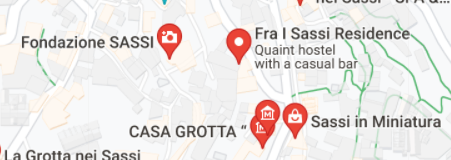
You can also use google maps to check for the nearest train/bus/tram station. Look for a little blue train icon around your location. That is your nearest public transport station.
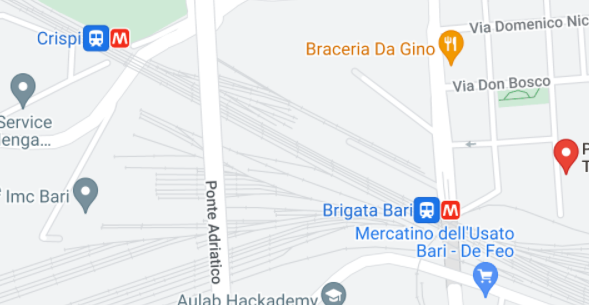
6. Local transport app
Most of the times, google maps will tell you which public transport to take and where to board the train/tram/bus and where to get off. There could still be places where google maps are not a reliable source of checking transport connections. You can always ask at the tourist information center about where you can check for public transport and they will tell you if there is a local transport app you can download and use.
7. Safety
How to stay safe while travelling to a new land? Trust your guts! Haha no, I am kidding! I often hear vloggers/bloggers telling you just to trust your gut but practically, that is not enough. Nevertheless, here are a few things you can do:
- have a printed ticket for all your journeys with you other than mobile ticket
- know the emergency number of the country you are travelling to
- have a few contact numbers written somewhere, basically consider all the information you will lose if you lose your mobile phone and have an on-paper backup for all such things
- good if you have 2 debit/credit cards, one you can carry with you while roaming around, and the other one you can keep back safely at your accommodation. Do the same for IDs. If you're travelling with all the luggage then separate your cards, IDs and also cash in different bags
- get a travel insurance
To everyone reading this, I hope it was a little helpful. Have a safe and wonderful trip :)














